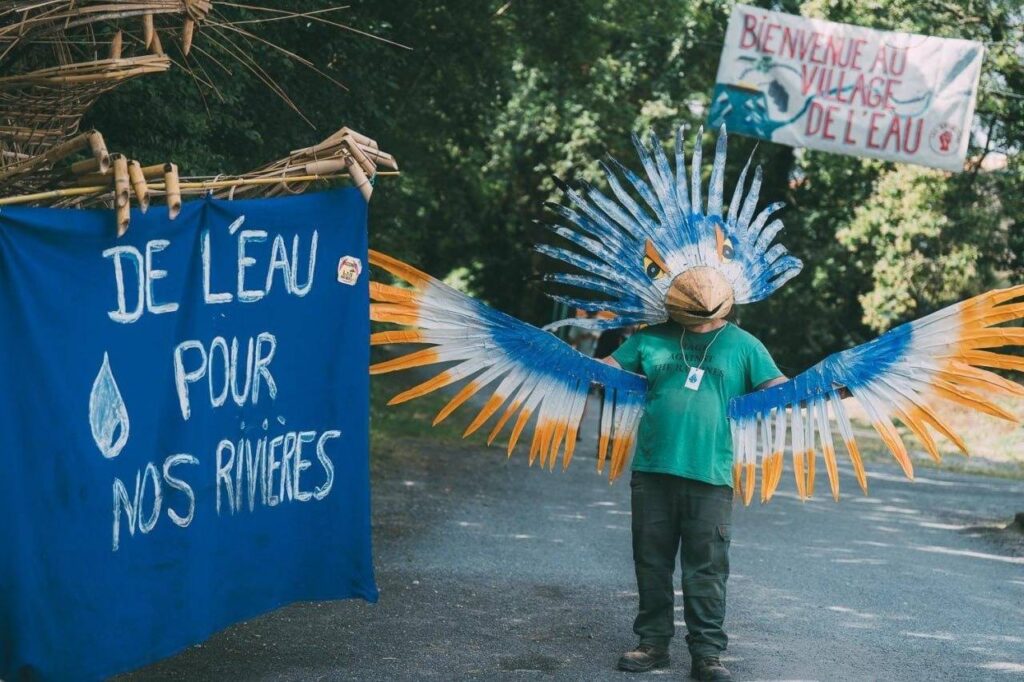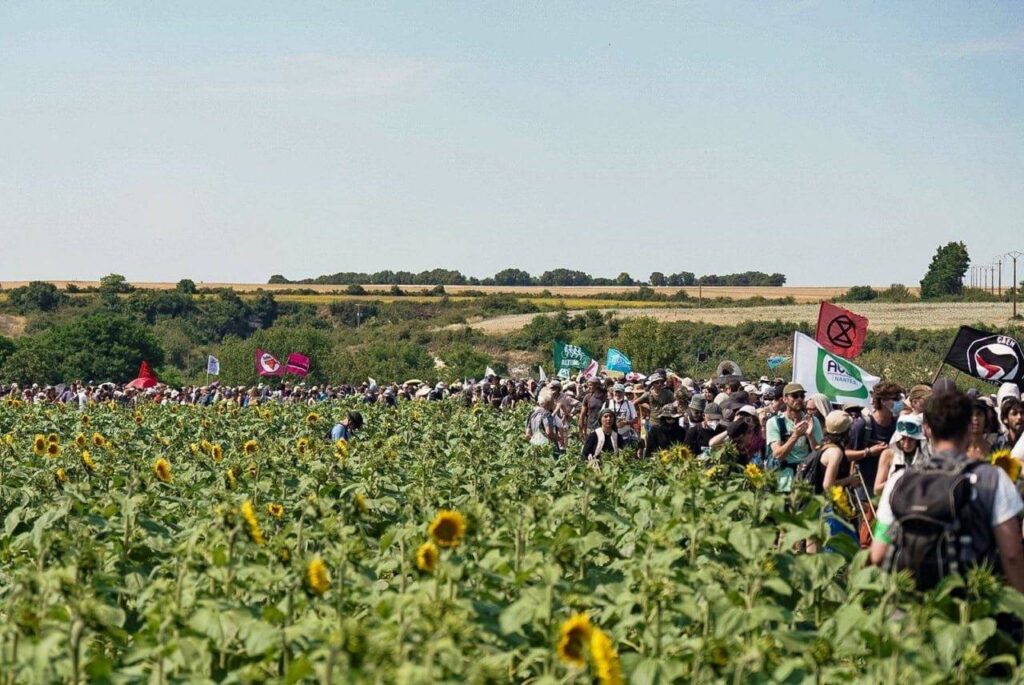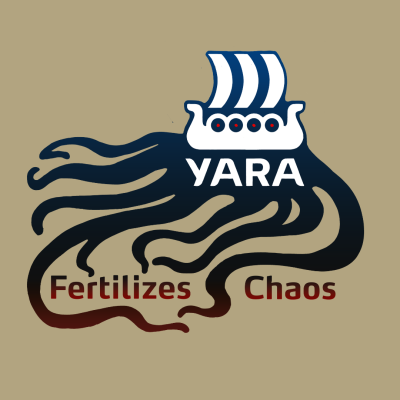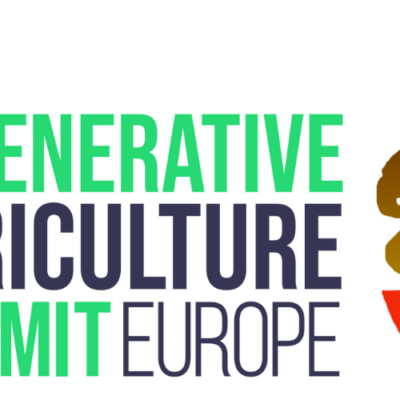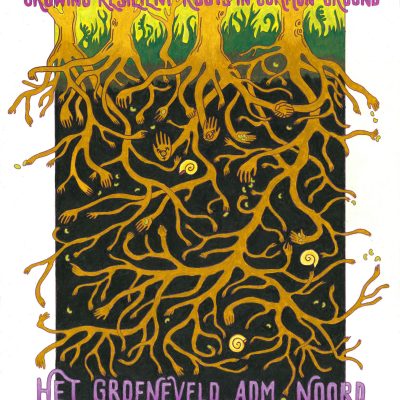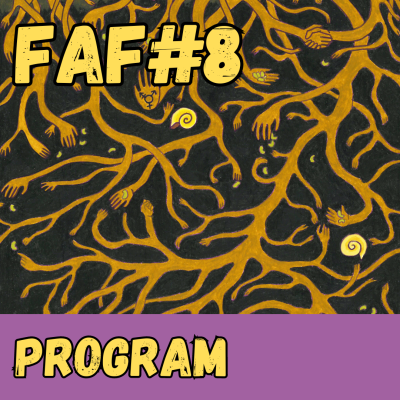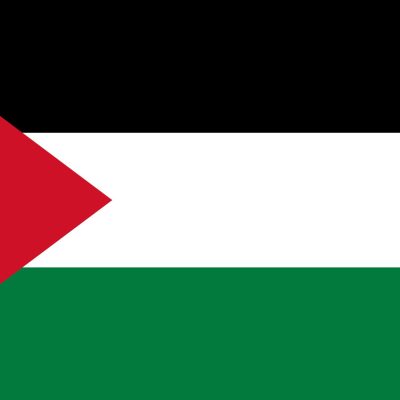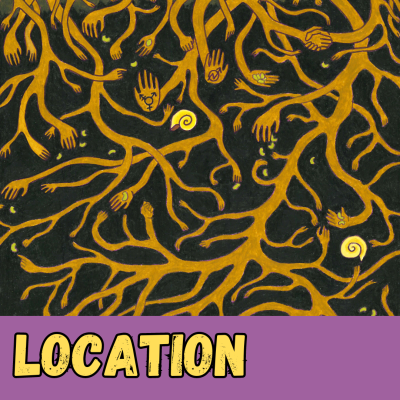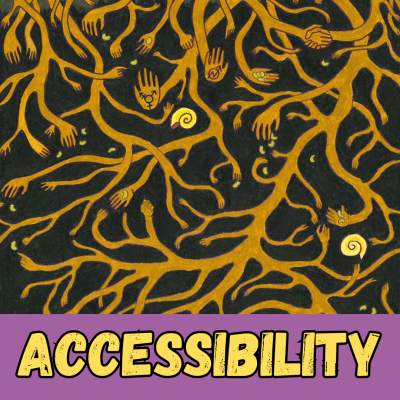
Two months ago, part of the ASEED team participated in the gathering for the defense of water in the French territory. It was a week of meetings, communal living, political discussions, and preparation for action. 10,000 people, including activists, peasant organizations, neighbors of various ages, artist collectives, medics, and cooks gathered in Melle. On Friday and Saturday, tens of thousands of people took to the streets and fields to demand an end to “mega-bassins”, demonstrating that we are many against industrial agriculture. Mega-bassines are large, artificial water reservoirs that represent the privatization of water and the power of agro-industrial giants over peasants and rural communities, and they exacerbate water scarcity and biodiversity loss. Here are some insights we want to share with you:
1) Organizing an event of this magnitude requires a huge level of coordination and participation. It is always fascinating to see how bottom-up organization brings these gatherings to life. We’re talking about a group of bakers constantly kneading bread, a team of volunteer translators making discussions accessible in more than four languages, a care team attentive to the diverse needs that can arise among such a large crowd… We want to congratulate the organizers and continue learning from these examples for our own organizational practices.
2) It is useful to understand the militant political reality in other contexts. It allows for mutual exchanges and learning, as well as to help us recognize our different political and social realities. France has a specific history that enables certain discussions, fosters a certain militant culture, and builds certain alliances. While we should avoid unfair comparisons, these encounters inspire us to think about what is possible and desirable, and prepare us to face the repressive machinery of States. These experiences serve as an milestone for the peasant movement and the defense of the territory in Europe.
3)Care and logistical support are the other side of the coin of direct action. Without a strong legal team, psychological preparation and support, trainings on protective equipment and quick decision-making, strong finance and communication teams, the voluntary work of those who cook, clean, and maintain the bathrooms, and spaces for rest and enjoyment, direct action cannot be sustained. It is crucial to find a balance between care and political action to build collective resistance while ensuring the sustainability of the movement.
4) We must confront the capitalist dynamics of exploitation, appropriation, and violence perpetuated by agro-industry as a whole. We cannot understand elements such as fascism, the use of agrochemicals, droughts, extractivism, the performance of the State, or monocultures as isolated and individually problematic. Instead, we should read them as manifestations of capitalist structures and relations sustained by imperialism that require the continuous exploitation of workers and territories. Based on this, we are able to understand and discuss our differences with those who, despite appearing so different to us on the surface, share our same political interests.

